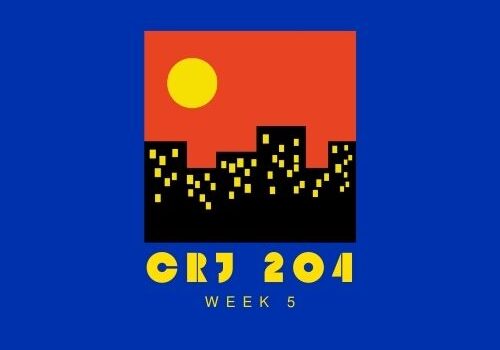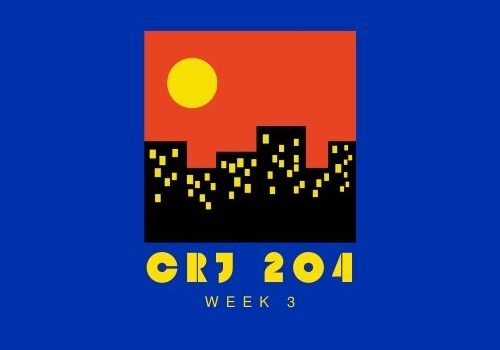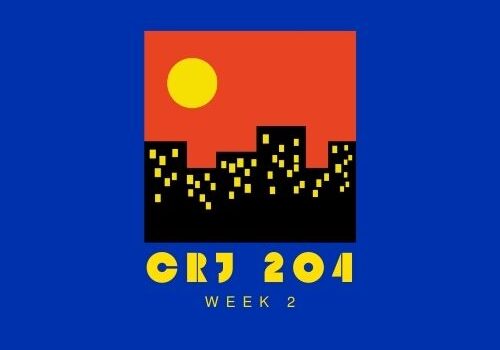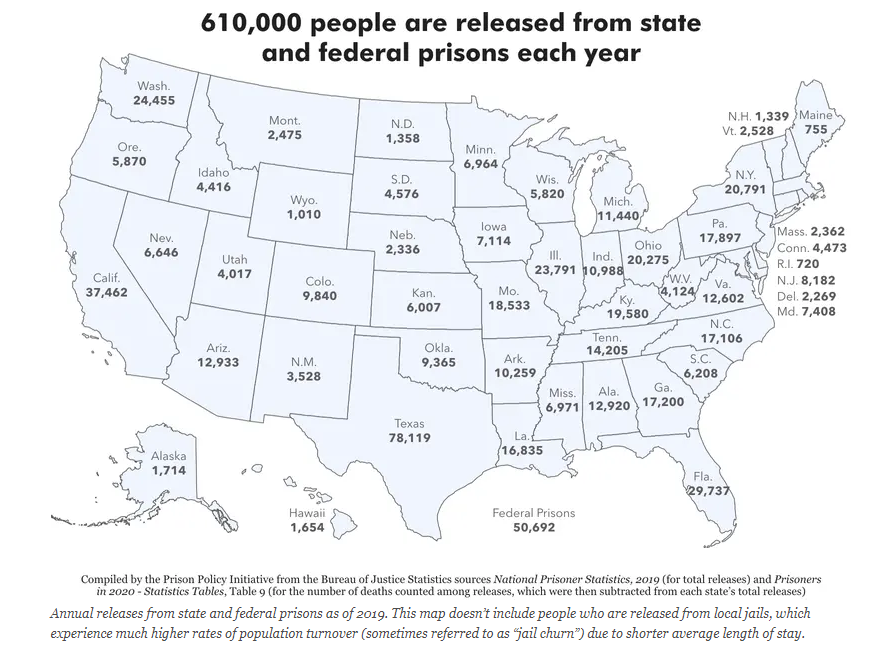WEEK 14 (5/8 to 5/14): Presentations
This week, as we approach the end of the semester, I would like to invite you to present your findings from the semester-long project. Essentially, you will present what you learned about your neighborhood. Be ready to show slides (5-6).…












